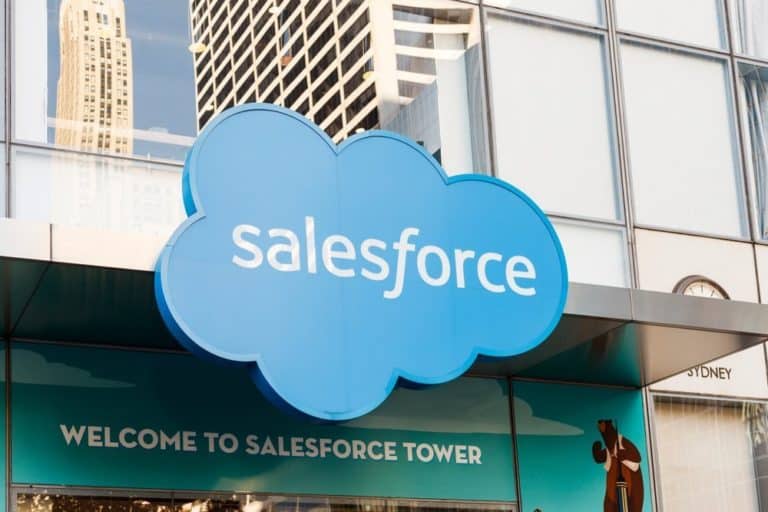The Robotic Process Automation (RPA) market has had no shortage of investment activity in recent years, making it a potentially highly profitable market in the coming years. The investments have come in from companies like SAP, ServiceNow, and IBM.
One of the pioneer RPA players, UIPath, had its IPO in April and now boasts a market cap of over $30 billion.
It was only a matter of time before a company like Salesforce stepped into the RPA market. How is it doing this? Salesforce has acquired a German RPA company known as Servicetrace.
MuleSoft and Servicetrace will meld
Salesforce intends to pair Servicetrace with MuleSoft, a company it bought in 2018 for $6.5 billion. The companies have not disclosed the financial terms of the deal. That suggests that it may be much smaller than the MuleSoft acquisition.
When Servicetrace becomes a part of Salesforce, it should go well with MuleSoft’s API integration and add a layer of automation to the MuleSoft toolkit.
In a blog post announcing this deal, MuleSoft’s CEO, Brent Hayward, wrote that the addition of Servicetrace to MuleSoft will allow the latter to deliver a cutting-edge unified integration, RPA platform, and API management.
The value this acquisition brings
Hayward added that this delivery will enhance Salesforce Customer 360 and help organizations that use it deliver connected experiences remotely.
The new RPA capabilities created could enrich Salesforce’s Einstein Automate solution, to enable end-to-end workflow automation across various systems for sales, services, and more.
Salesforce’s Einstein platform gives companies more modern tools to automate some tasks using AI. RPA works best for older operations and acquiring Servicetrace could be how Salesforce bridges the gap between legacy on-premises tools and modern cloud software.
RPA adoption is still in the early days, but we could see an all-out race for domination in the space soon.
